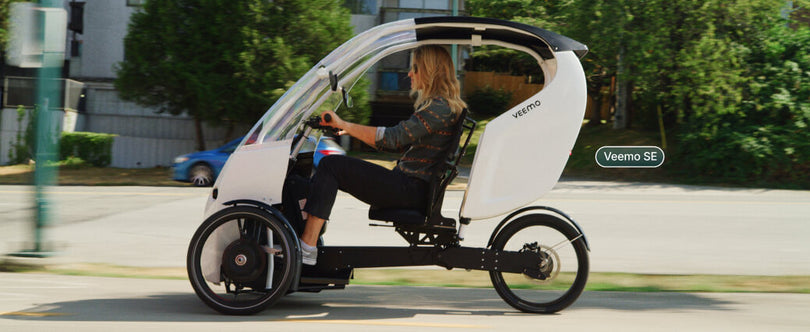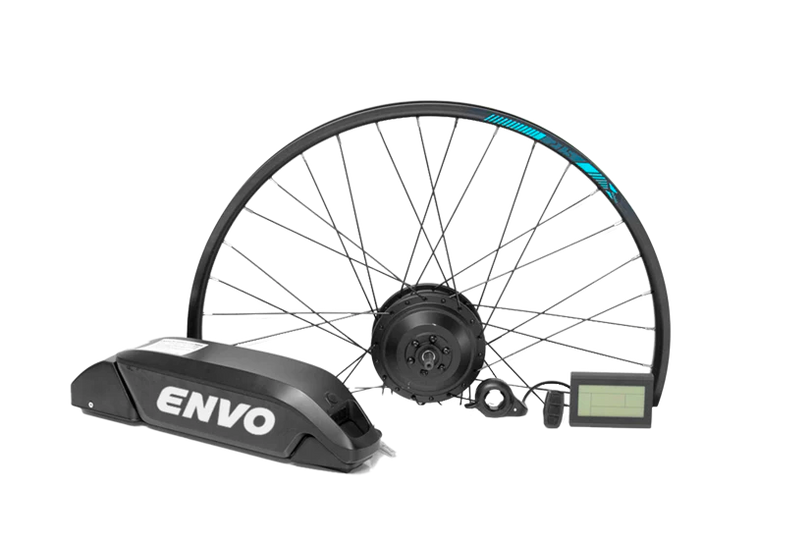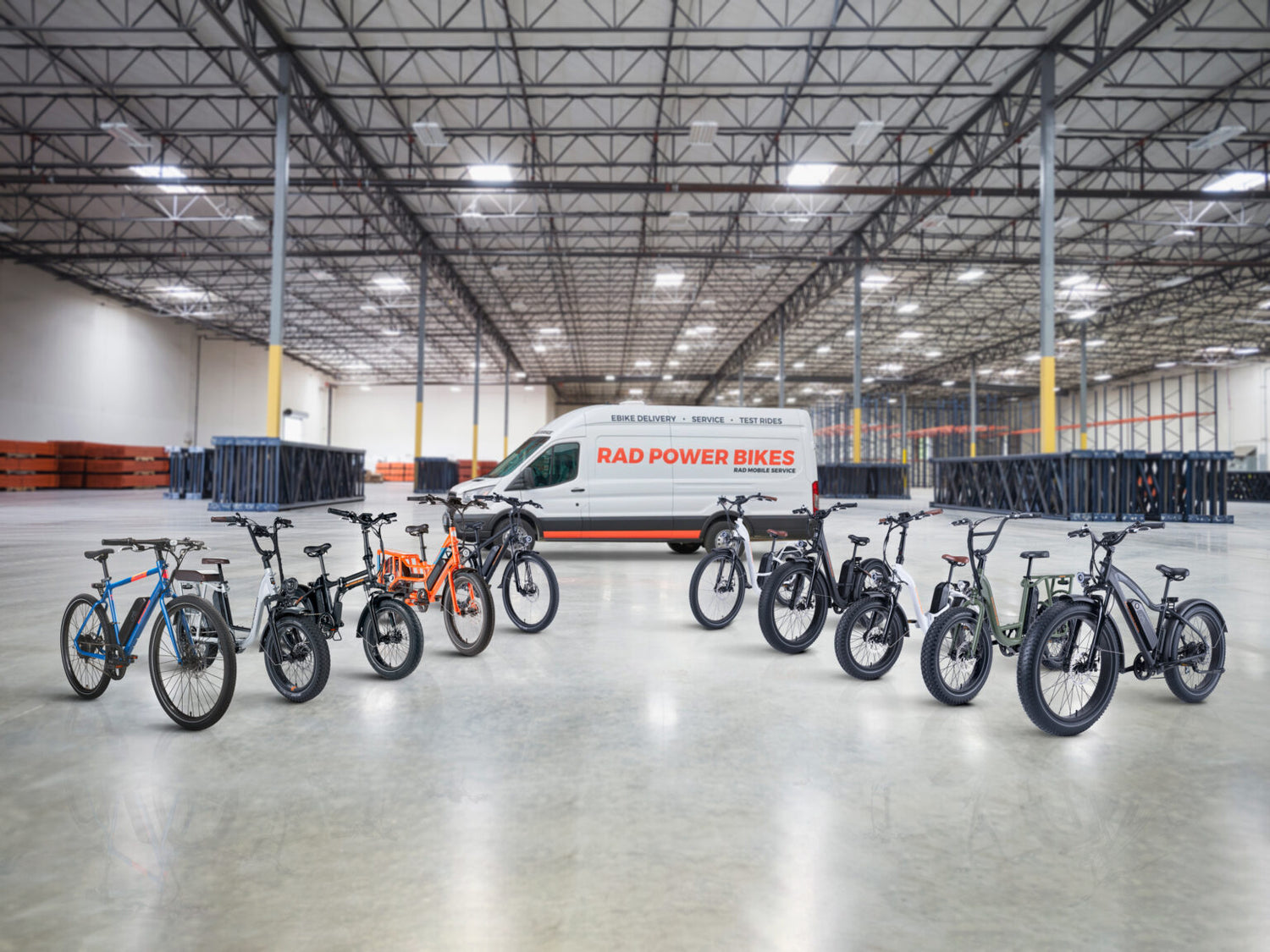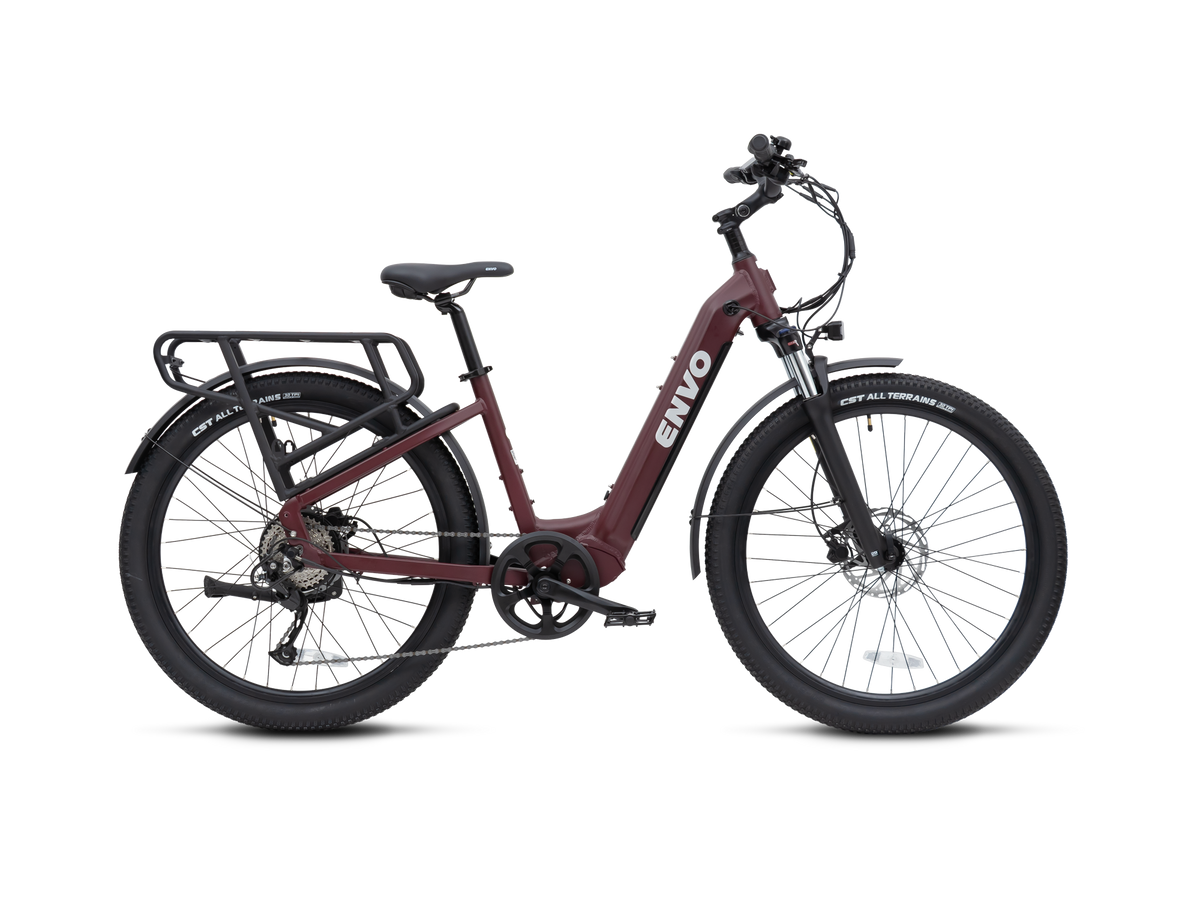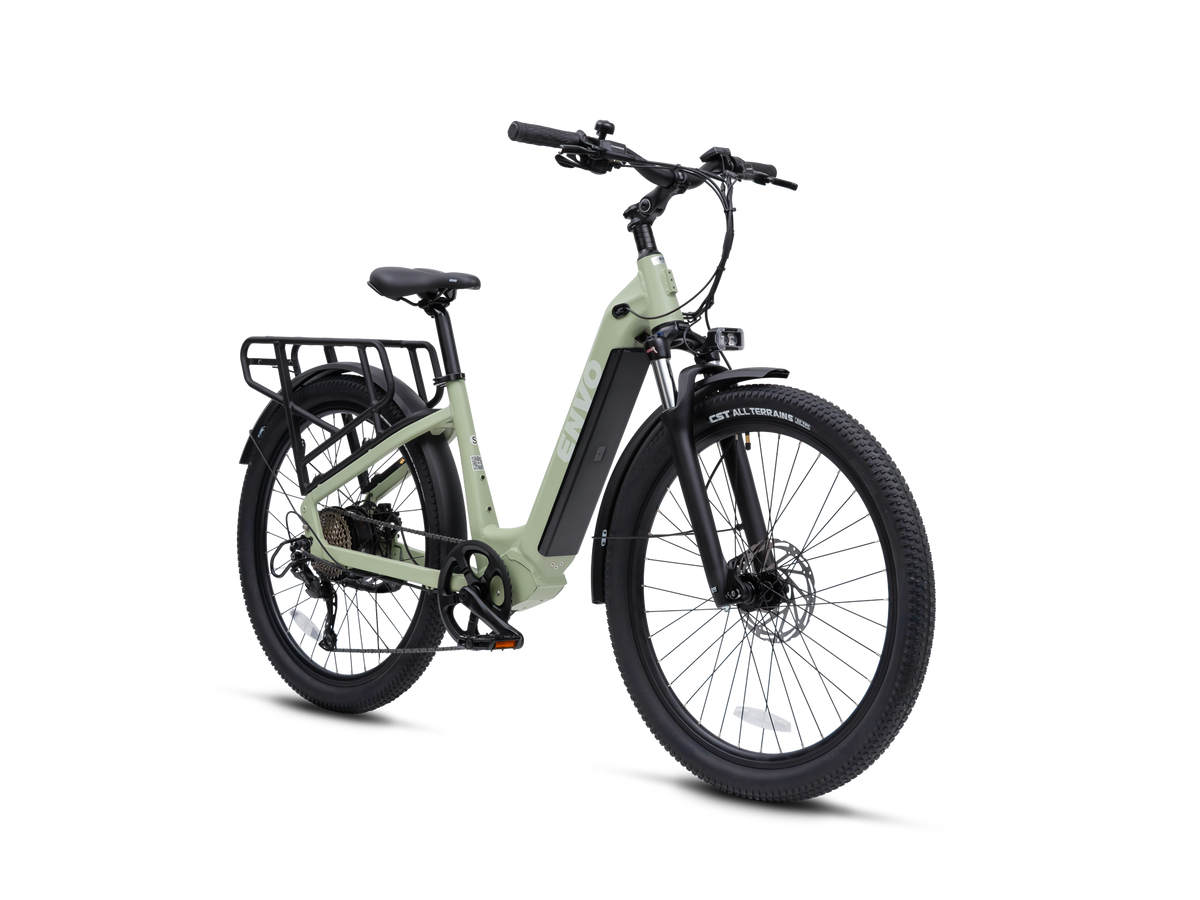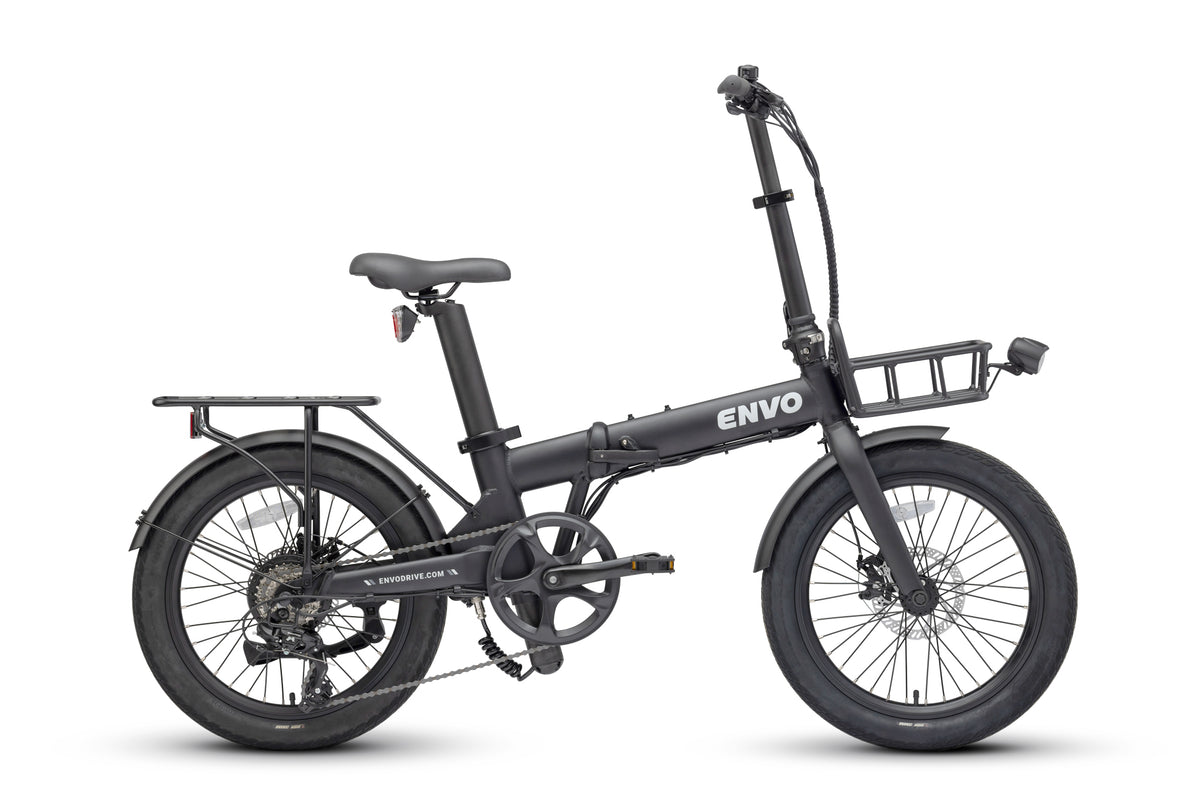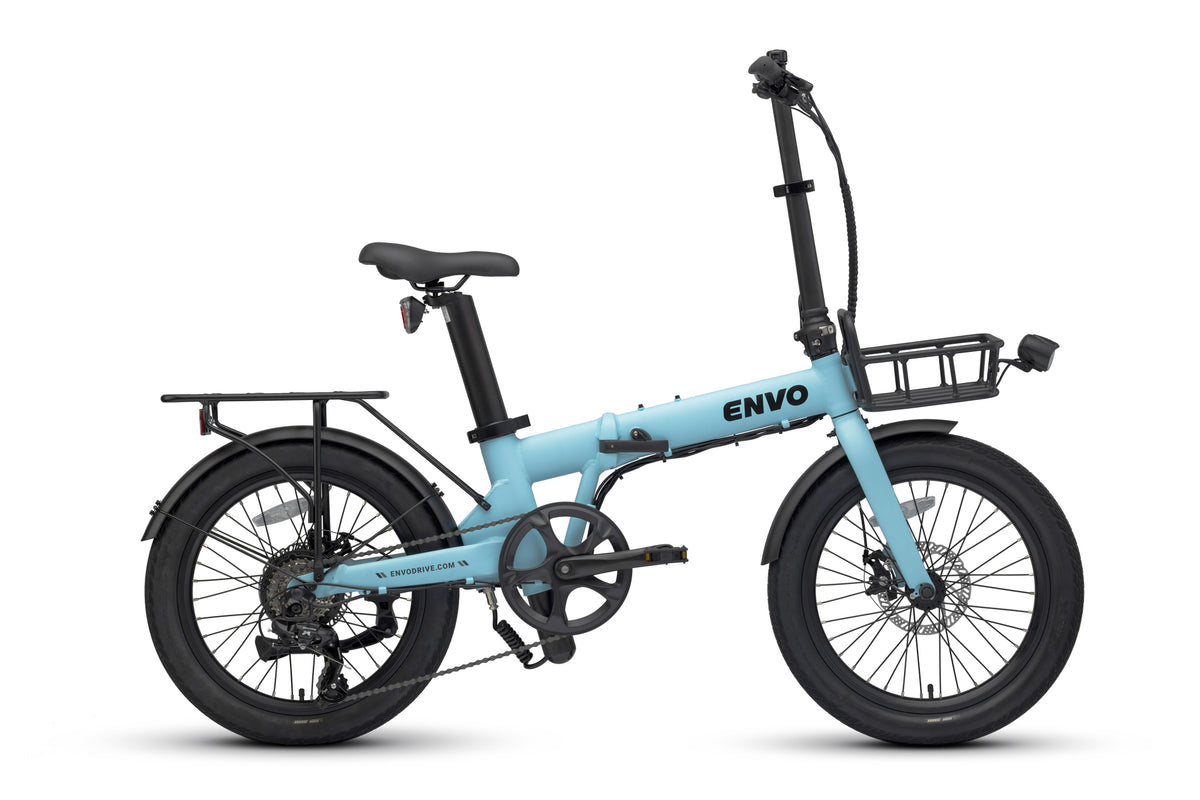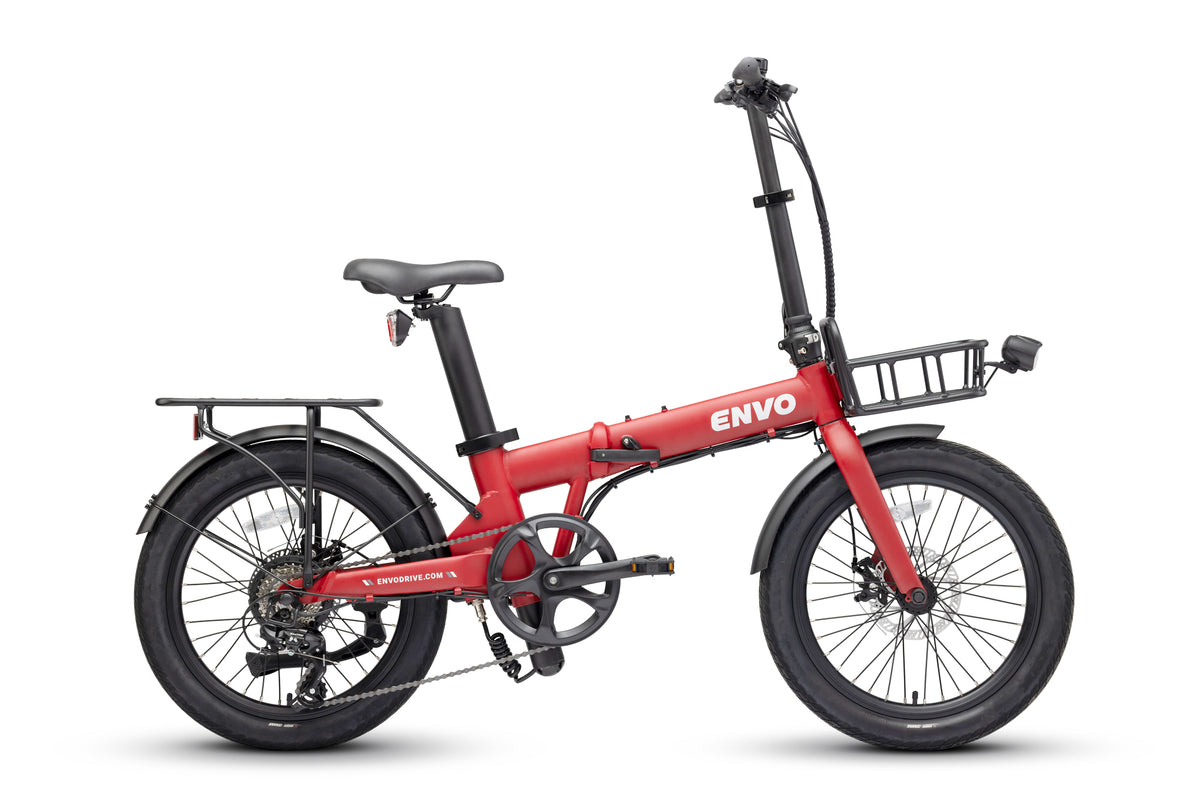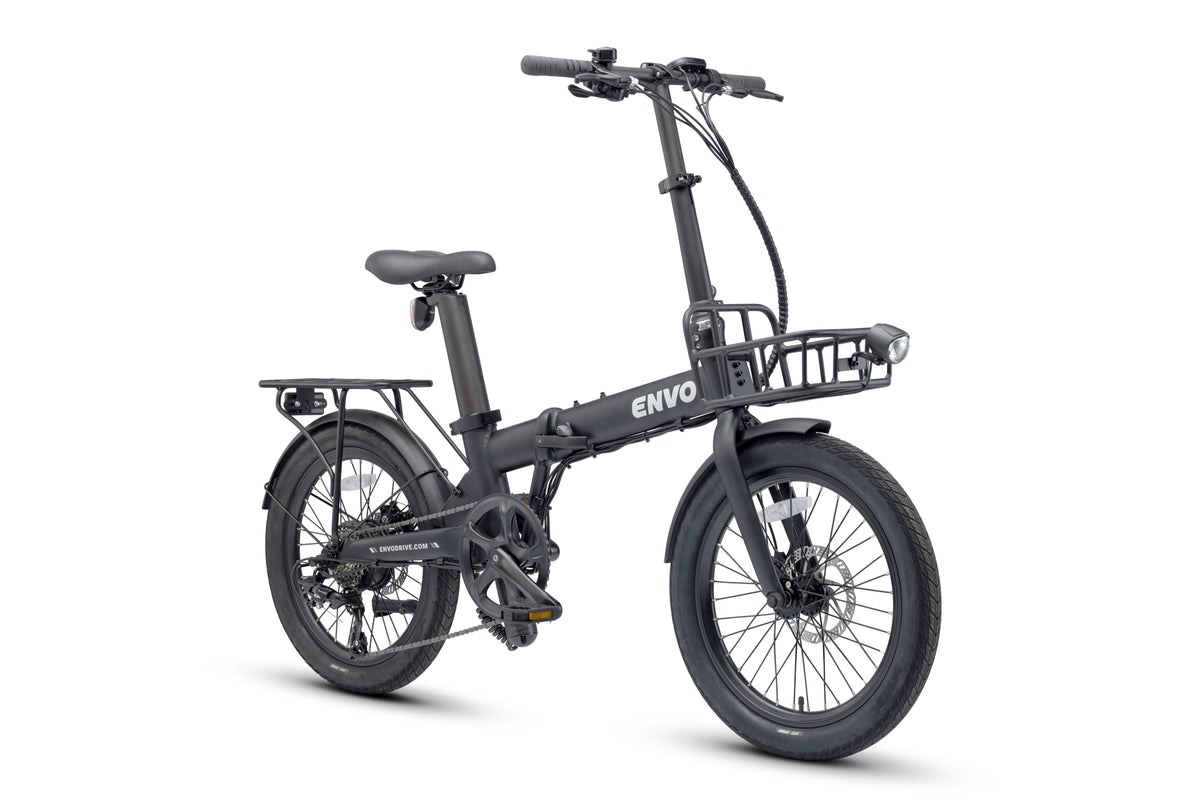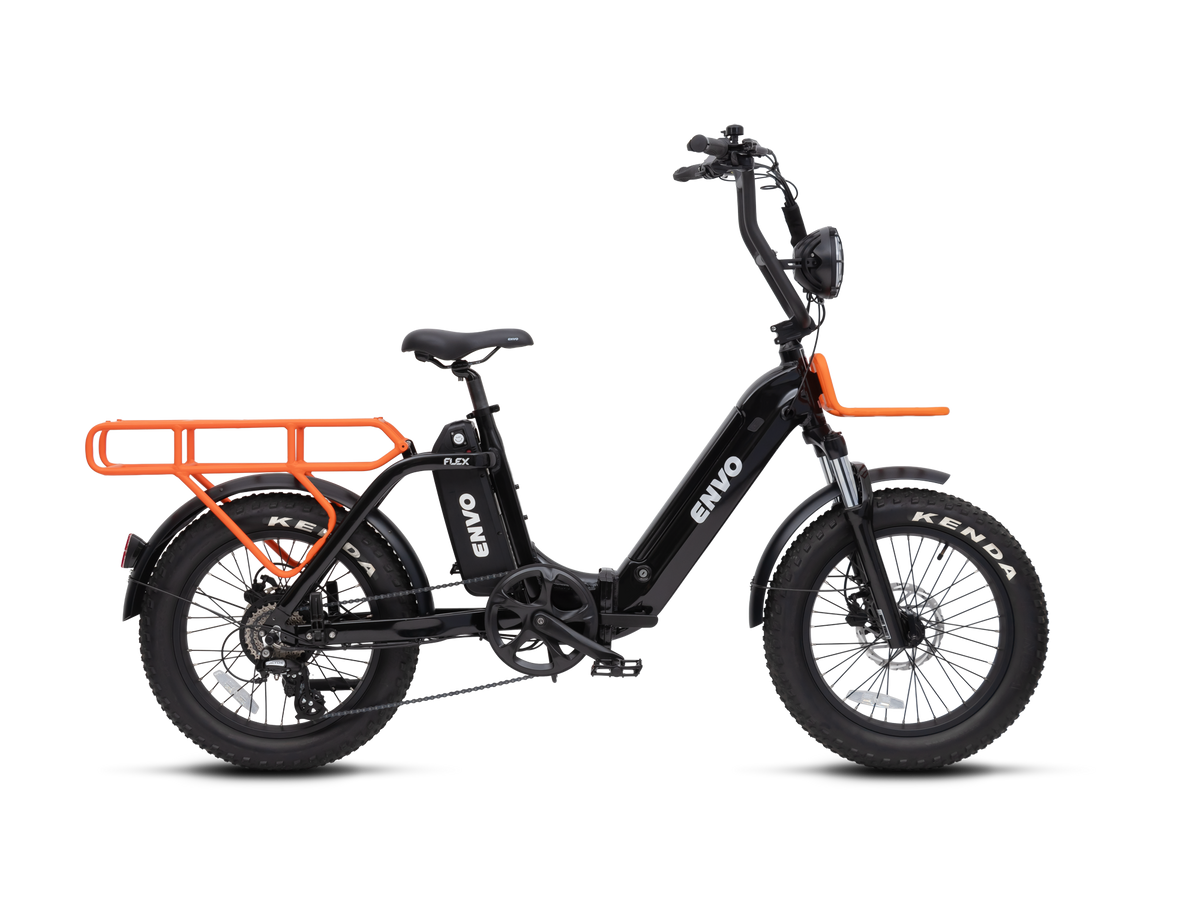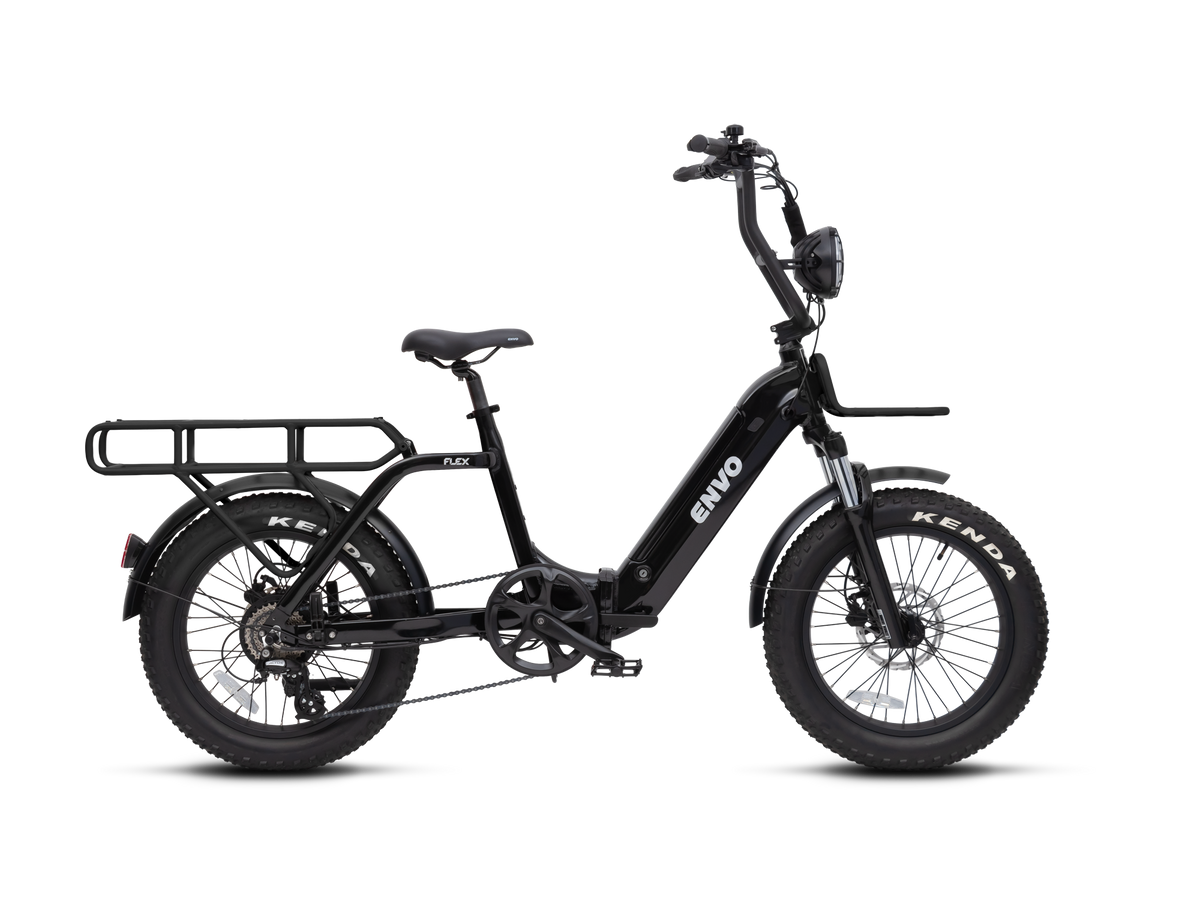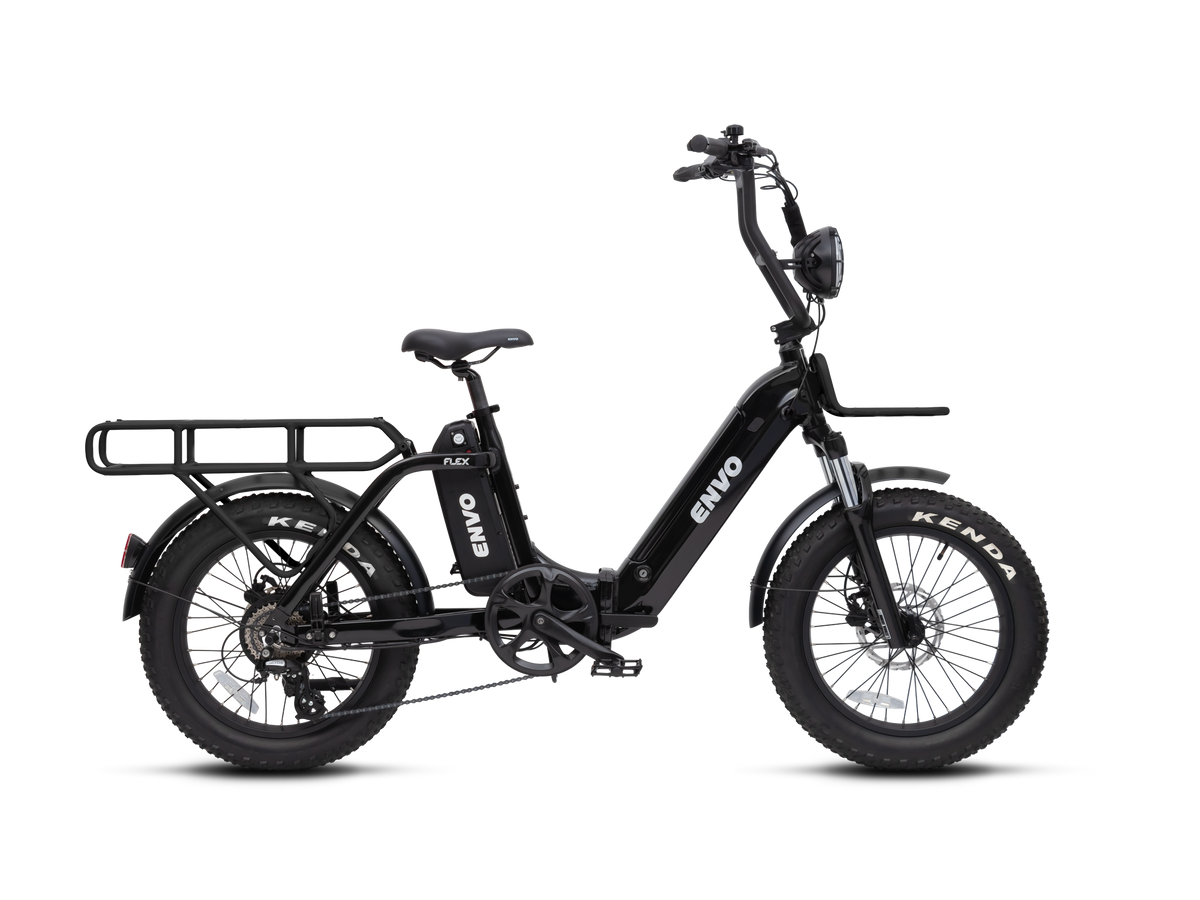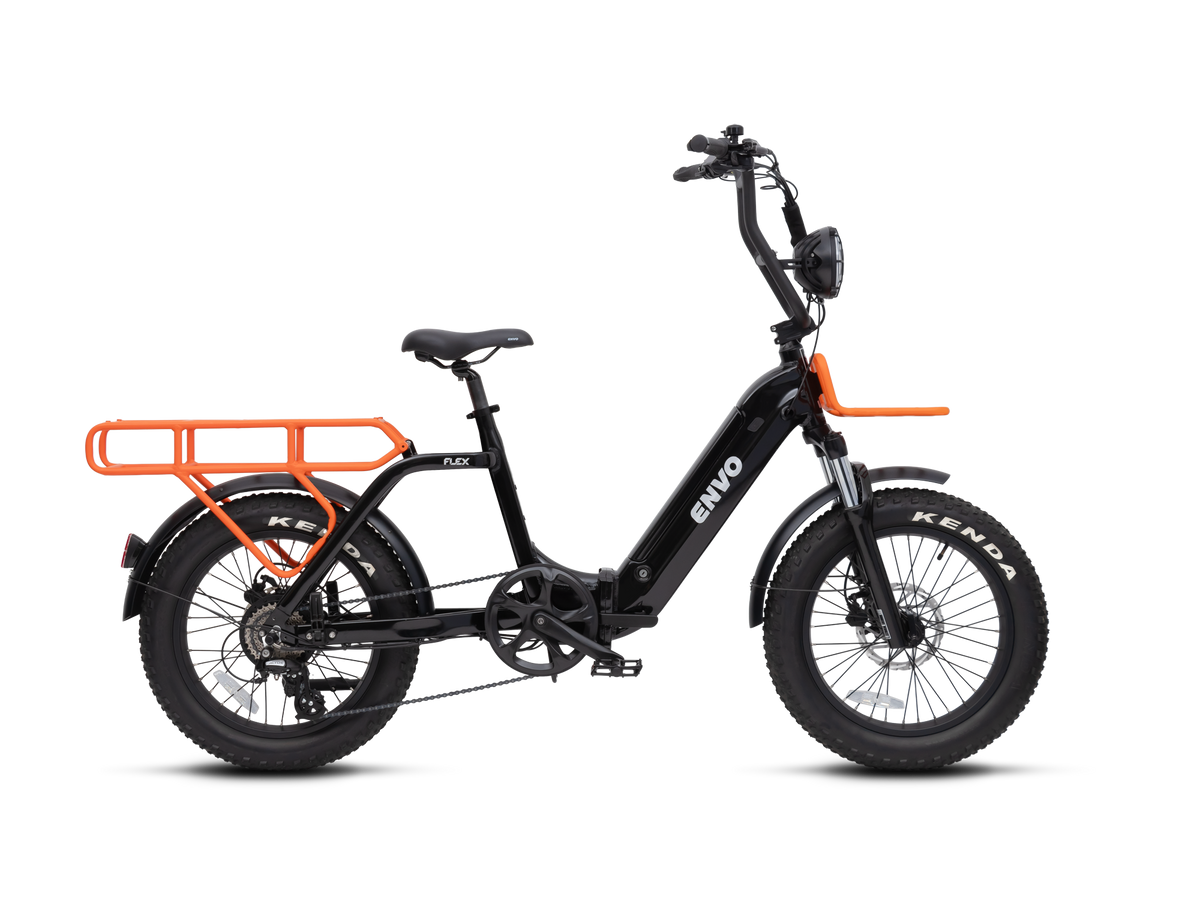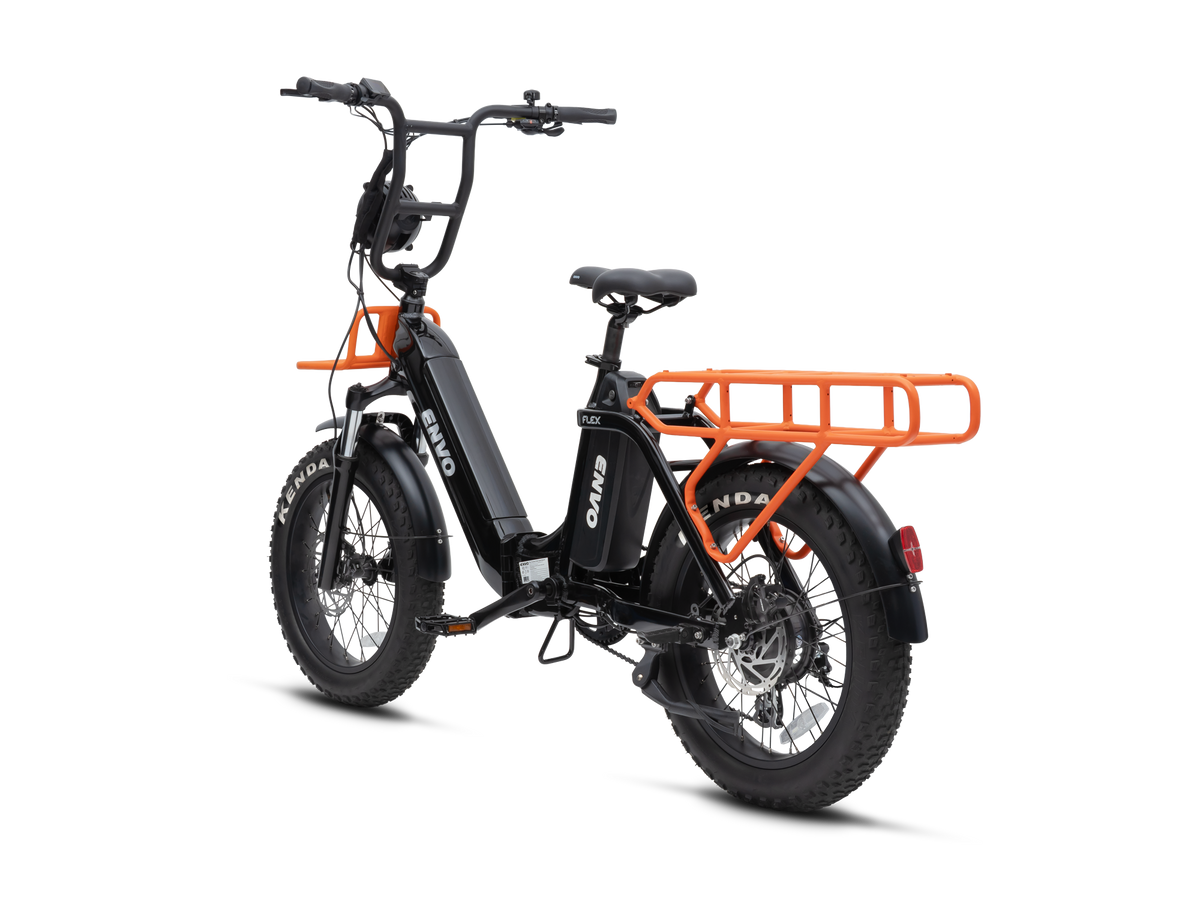In the dynamic and rapidly evolving e-bike industry, RadPower Bikes has made significant strides, yet not without its share of strategic missteps and challenges. This blog post delves into various aspects of RadPower Bikes' journey, analyzing key decisions and their implications. From embracing IoT technology to facing supply chain woes, and from product recalls to certification challenges, we explore how these factors have shaped the company's trajectory. We'll also examine the delicate balance between price and value, and the impact of their strategies on the market and their suppliers. This comprehensive overview aims to shed light on the complexities and challenges faced by a leading brand in the e-bike industry.
Disregarding Traditional Retailers
In a bold yet risky move, RadPower Bikes attempted to sideline traditional bike shops by offering steep discounts on their e-bikes. While this strategy aimed to dominate the market, it backfired, resulting in significant financial losses for the company. Today's trend shows a resurgence of traditional retail, but RadPower's aggressive tactics and their fallout have made it challenging for the company to reintegrate and attract new investment in its current business model.
Digital Marketing Expenditure: A Financial Strain
RadPower Bikes' extensive investment in digital marketing, funded largely by investor capital, was a double-edged sword. On one hand, it boosted brand visibility; on the other, it strained the company's financial health. This aggressive spending not only escalated advertising costs industry-wide but also impacted the financial balance within the e-bike space, causing difficulties for other market players.
Misjudging Market Size and Inventory Issues
A significant misstep by RadPower was overestimating the e-bike market size. This led to leveraging investor funds into excessive inventory, creating a ripple effect of challenges for both online and brick-and-mortar retailers. The oversupply issue has left a lasting mark, complicating inventory management across the industry.
Impact on Asian Manufacturers
The overestimation of market share and demand had severe repercussions for RadPower's Asian suppliers. With orders being canceled or payments delayed, this miscalculation not only disrupted production schedules but also sowed distrust and caused financial damage among these manufacturers.
The Price vs. Value Conundrum: RadPower Bikes' Strategic Misstep
RadPower Bikes, once thriving in the e-bike industry with its low-cost strategy, now faces a strategic crossroads due to its emphasis on price over value. This approach, while initially successful in attracting a diverse customer base, has led to potential compromises in product quality and innovation, areas increasingly prioritized by consumers who value a blend of affordability, high quality, and advanced features. As the e-bike market grows and new competitors emerge offering similar or lower prices with enhanced value, RadPower is compelled to shift its focus. The company must now balance cost-effectiveness with delivering higher value, potentially through increased investment in product development, enhanced quality control, and improved customer service, to meet evolving customer expectations and maintain its market position.
Supply Chain Challenges: The Ripple Effects of RadPower Bikes' Strategy
RadPower Bikes, a prominent e-bike manufacturer, encountered significant challenges due to its traditional supply chain approach, which resulted in maintaining large inventories and ultimately led to overstocking in 2022 and 2023. This approach, contrasting with the leaner "Just in Time" (JIT) inventory system, caused increased storage costs, capital locked in unsold products, and the risk of obsolescence in the fast-changing e-bike market. The situation underscores the importance of flexible and efficient supply chain management, particularly in industries facing rapid technological advancements and evolving consumer preferences. Adopting a JIT model, which reduces inventory size and aligns production closely with market needs, could offer RadPower greater adaptability and mitigate the issues related to overstocking.
RadPower Bikes' Strategic Missteps: From IoT Diversification to Safety and Quality Control Challenges

RadPower Bikes, once known for its electric bike expertise, ventured riskily into the Internet of Things (IoT) technology, a move that diverged from its core competencies. This strategic shift, evident in their staffing priorities where IoT development overshadowed product design, potentially misaligned with their market niche and diverted crucial resources from their primary e-bike development. In October 2022, RadPower faced another challenge when they had to recall about 29,300 RadWagon 4 Electric Cargo Bikes due to tire failures, a defect present since September 2020. This recall, despite being a responsible step, was delayed, raising concerns about the company’s commitment to quality control and customer safety. Additionally, as of February 2024, RadPower Bikes has yet to achieve UL 2849 certification for its e-bike products, a critical safety standard in the industry, especially with new legislations like in New York City mandating such certifications. The absence of this certification further questions RadPower's dedication to safety standards and customer trust in an industry that prioritizes product reliability and safety. These challenges underscore the importance of aligning business strategies with industry demands and maintaining a focus on core competencies, quality, and safety standards.
Conclusion
RadPower Bikes' journey through the e-bike industry landscape presents a compelling case study of strategic decisions and their consequences. The company's foray into IoT, while ambitious, highlighted the risks of deviating from core competencies. Their recall response and the lack of UL 2849 certification raised questions about their commitment to safety and quality. The price versus value conundrum, along with supply chain challenges, underscored the importance of adaptability in business strategies. Additionally, their digital marketing expenditures and misjudgments regarding market size and inventory led to financial strains and market disruptions. Finally, their approach towards traditional retailers reveals the risks of aggressive market strategies. RadPower's story is a testament to the importance of aligning business strategies with market needs, technological advancements, and consumer expectations, ensuring a sustainable and successful path in the competitive e-bike industry.


